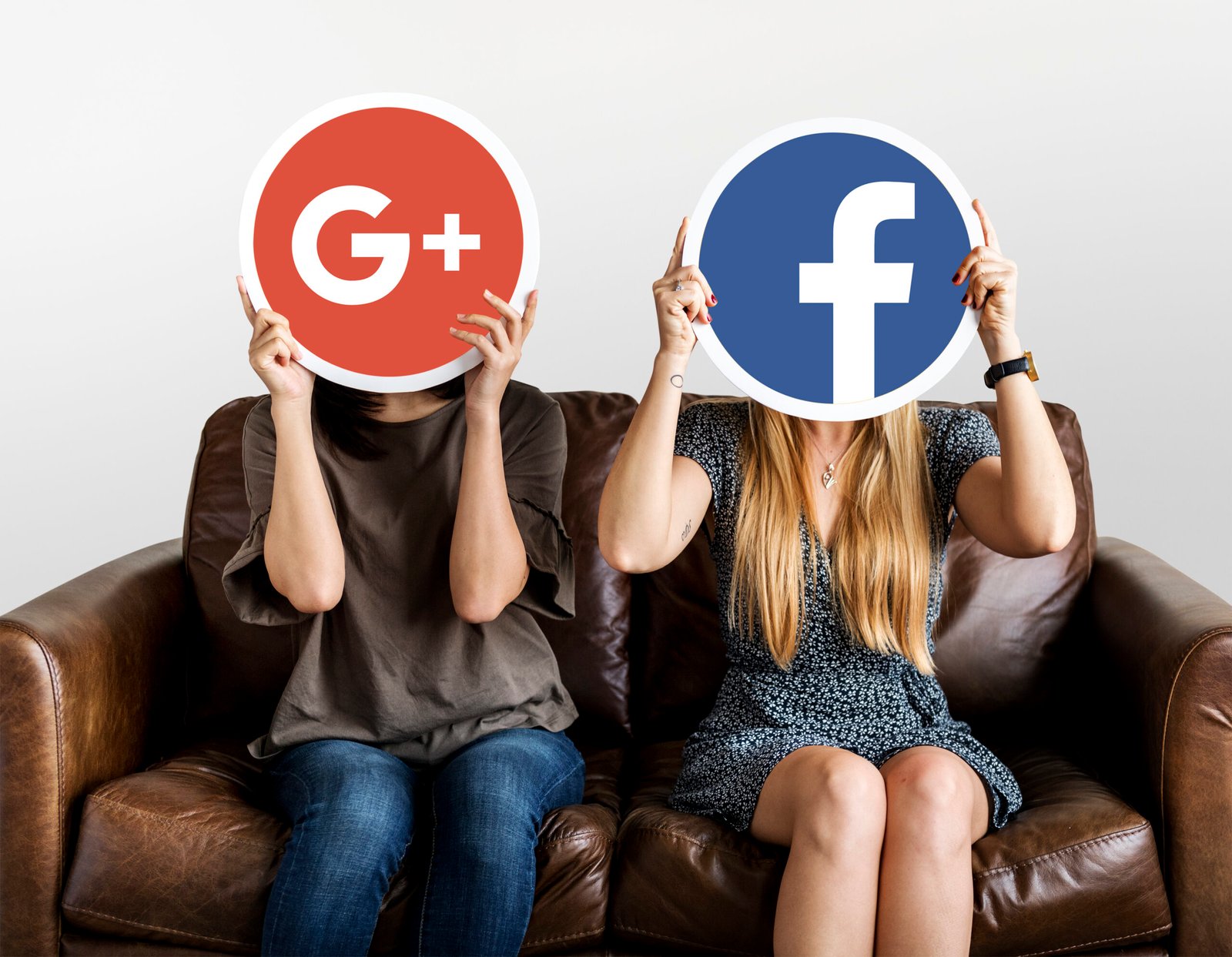In the ever-evolving digital marketing landscape, businesses face a crucial decision when it comes to paid advertising: Google Ads or Facebook Ads? Both platforms offer unique advantages, but choosing the right one depends on your business goals, target audience, and budget. Let’s break down the key differences and benefits of each platform to help you make an informed decision.
Understanding Google Ads
Google Ads is a pay-per-click (PPC) advertising platform that displays your ads on Google’s search engine results pages (SERPs) and partner sites. It operates based on keywords, meaning users see your ads when they actively search for relevant products or services.
Pros of Google Ads:
- High Intent Traffic – Google Ads targets users actively searching for what you offer, leading to higher conversion rates.
- Extensive Reach – With billions of searches per day, Google Ads offers vast exposure.
- Diverse Ad Formats – Options include Search Ads, Display Ads, Shopping Ads, and YouTube Ads.
- Measurable ROI – Detailed analytics help track performance and optimize campaigns.
- Advanced Targeting – Location, device, language, and demographic targeting refine ad delivery.
Cons of Google Ads:
- High Cost per Click (CPC) – Competitive industries may have expensive bids.
- Steep Learning Curve – Requires keyword research, bidding strategies, and optimization.
- Limited Social Engagement – Google Ads lack the community-building aspects of social platforms.
Understanding Facebook Ads
Facebook Ads operates within the Meta ecosystem, including Facebook, Instagram, Messenger, and Audience Network. Unlike Google Ads, Facebook Ads focuses on audience behavior and demographics rather than keyword searches.
Pros of Facebook Ads:
- Precise Audience Targeting – Utilize interests, behaviors, demographics, and custom audiences.
- Engaging Visuals – Supports image, video, carousel, and story ads.
- Cost-Effective – Generally lower CPC compared to Google Ads.
- Strong Brand Awareness – Great for storytelling and audience engagement.
- Retargeting Capabilities – Easily reconnect with previous website visitors.
Cons of Facebook Ads:
- Lower Purchase Intent – Users are not actively searching for products like on Google.
- Algorithm Dependence – Performance is subject to Facebook’s ever-changing algorithm.
- Ad Fatigue – Users may become desensitized to frequent ads.
Which One Is Best for Your Business?
The right choice depends on your business type and objectives:
- Use Google Ads if: You offer high-intent products/services (e.g., legal, medical, or home services) where people search with urgency.
- Use Facebook Ads if: You focus on brand awareness, e-commerce, or impulse purchases where visuals and engagement play a key role.
- Use Both for Maximum Impact: A combination of both platforms can create a powerful marketing funnel—Google Ads capture high-intent searches, while Facebook Ads nurture and retarget leads.
Final Thoughts
There is no one-size-fits-all answer when comparing Google Ads vs. Facebook Ads. Each platform serves distinct purposes, and the best approach depends on your goals, audience, and budget. For businesses looking for immediate conversions, Google Ads might be ideal, while businesses seeking engagement and brand awareness may benefit more from Facebook Ads. Evaluating your objectives and testing both platforms can lead to the best results for your business.








